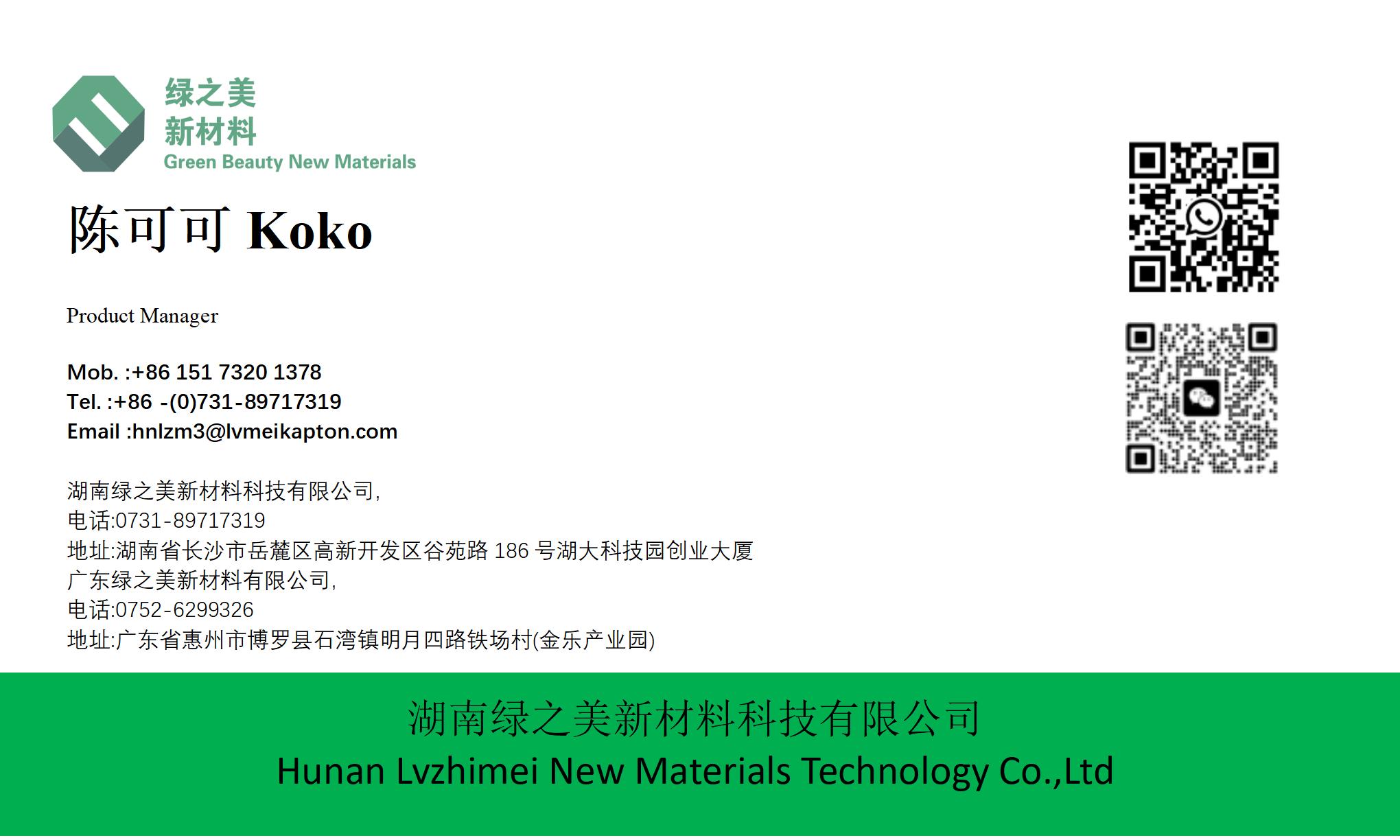



How PI Tape Contributes to AI Chip Heat Dissipation and Temperature Control Testing | https://www.lvmeikapton.com/
In the rapidly advancing field of artificial intelligence, the performance and reliability of AI chips are crucial. One significant challenge in their operation is heat management. Excessive heat can lead to reduced performance, shortened lifespan, and even failure. This is where Polyimide (PI) tape, specifically Kapton tape, plays a vital role.
PI tape, known for its excellent thermal stability and electrical insulation properties, is widely used in the electronics industry. In the context of AI chips, it serves multiple functions during heat dissipation and temperature control testing. Firstly, PI tape acts as a protective barrier. It can be applied to sensitive areas of the chip and its surrounding components, safeguarding them from potential damage during the testing process. Its durability ensures that it can withstand the rigorous conditions often encountered in these tests.
One of the key features of PI tape is its ability to withstand high temperatures. During AI chip operation, heat generation is inevitable. PI tape can effectively dissipate this heat by conducting it away from the chip. This helps to maintain the chip within its optimal operating temperature range, ensuring stable performance. The tape's thermal conductivity properties make it an ideal choice for this application.
In addition, PI tape provides electrical insulation. This is particularly important in the intricate circuitry of AI chips. By preventing short circuits and other electrical issues, PI tape helps to enhance the reliability and safety of the chips during testing. Its ability to resist electrical breakdown even under high temperatures and stress makes it an indispensable component in the testing process.
Another advantage of PI tape is its flexibility. It can conform to the various shapes and sizes of AI chips and their components, providing a snug fit and effective coverage. This flexibility ensures that the tape can be applied easily and efficiently, without compromising its protective and thermal management properties.
During heat dissipation and temperature control testing, PI tape is often used in conjunction with other cooling methods. For example, it may be applied in combination with heat sinks, fans, or liquid cooling systems. The tape helps to bridge the gap between the chip and these cooling components, ensuring efficient heat transfer. This integrated approach to heat management significantly improves the overall effectiveness of the cooling system.
In conclusion, PI tape plays a crucial role in AI chip heat dissipation and temperature control testing. Its protective, thermal conductive, and electrical insulating properties make it an essential component in ensuring the performance and reliability of AI chips. As the demand for more powerful and efficient AI chips continues to grow, the importance of PI tape in their testing and operation will only increase. For more information on PI tape and its applications, visit https://www.lvmeikapton.com/.





